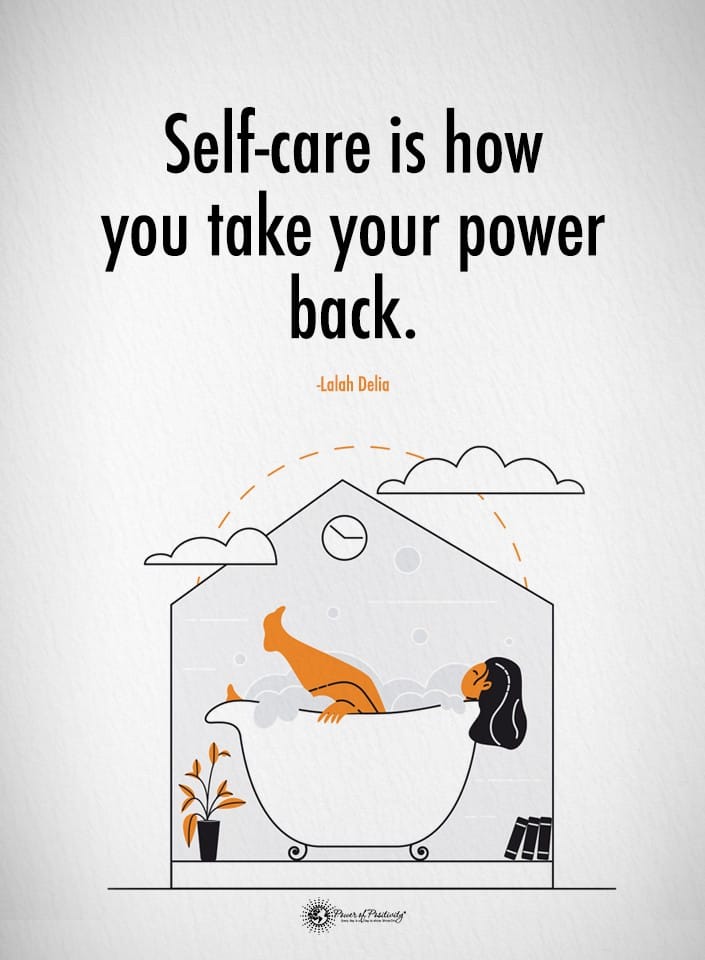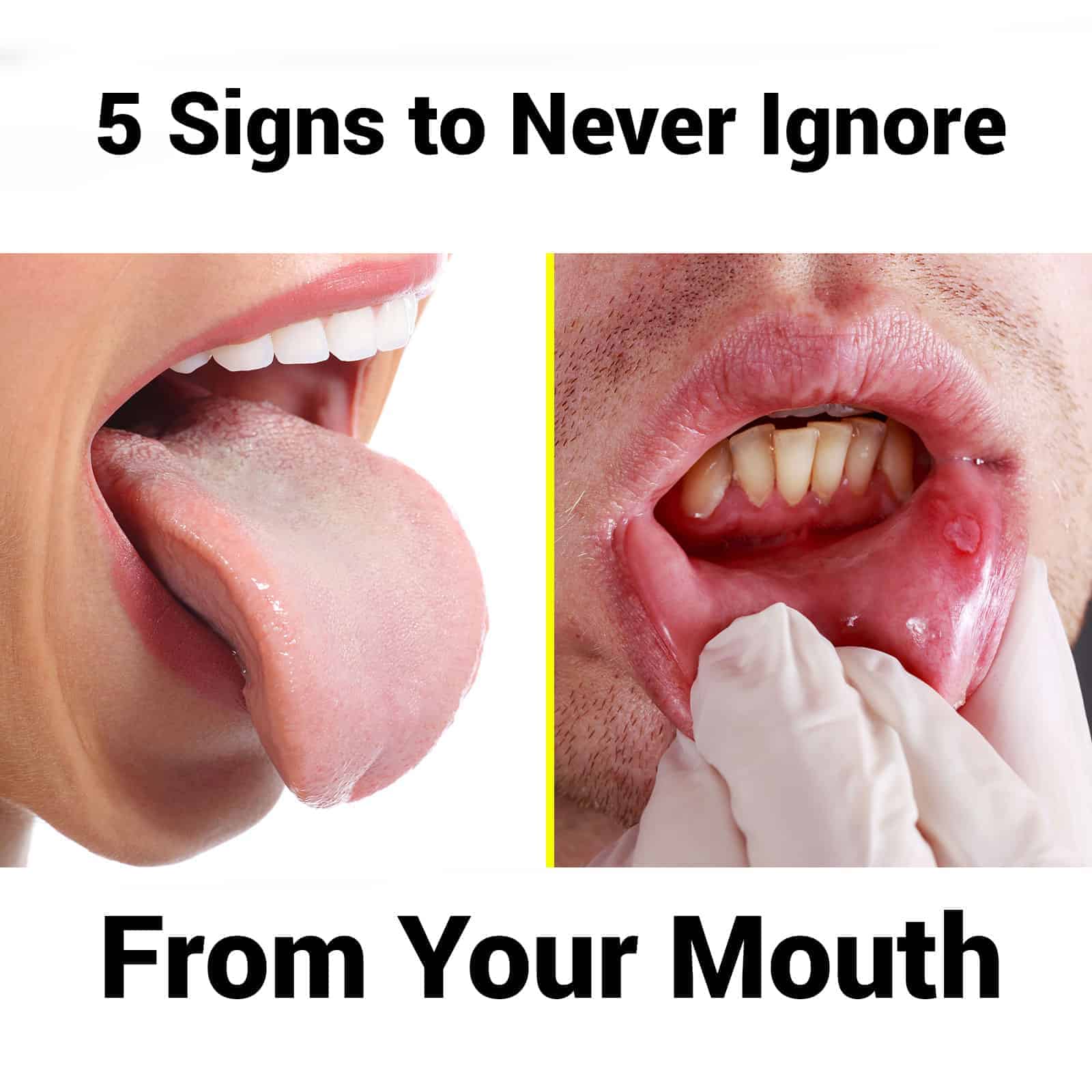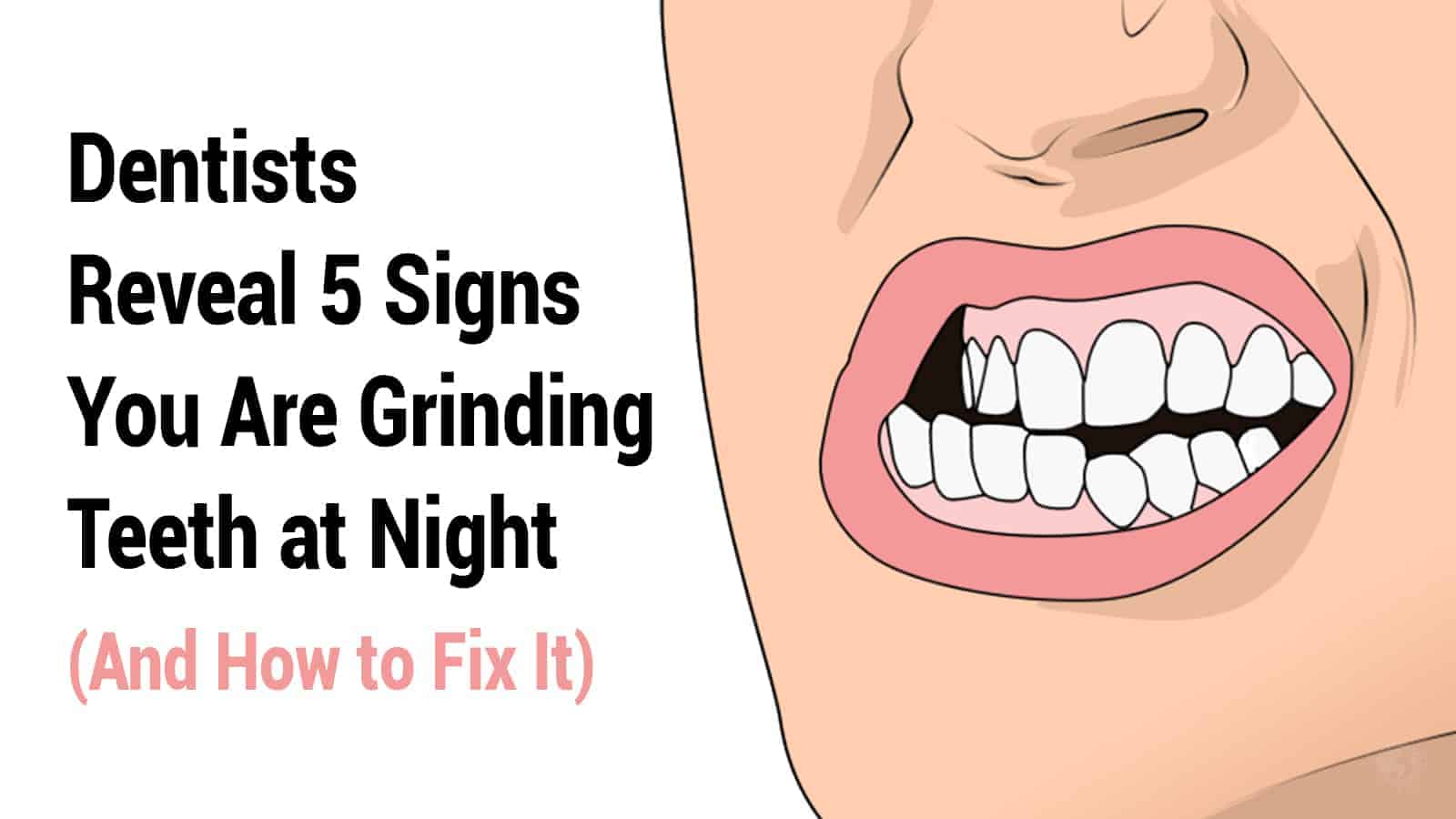Are you guilty of grinding teeth at night? When you drift off into dreamland, you would never imagine what happens in your body that you have no control over. Your system is busy creating new cells to keep you happy and healthy, but you’re also doing some involuntary things that can cause big problems.
Grinding teeth is medically termed bruxism. Anyone who bites or clenches their teeth during their sleep can be diagnosed with this issue. Did you know that this problem can also occur during the daytime? While it’s mostly done at night, there are a few that grind during daylight hours too.
Having bruxism at night is a problem that many people don’t realize is happening because they are sleeping. Teeth grinding is a common problem that occurs in about 70 percent of people.
Why Do People Grind Their Teeth?
Why people grind their teeth is not completely clear. According to the American Dental Association, people who have an abnormal bite, have a fitful sleep, and have stress and anxiety can be prone to grinding teeth. Anyone with an overload of stress can certainly have issues during their sleep.
Additionally, people who have poor teeth that are crooked or missing a few are also more apt to grind. As with most conditions, teeth grinding can be mild or severe. Additionally, a person can engage in grinding teeth every night or be an intermittent grinder.
Five Signs You Grind Your Teeth at Night
 Most don’t realize they have this issue until some other symptoms develop. It’s important to keep regular dental checkups as this is one of the first places that a problem like this is identified. How do you know if you suffer from grinding teeth? Well, here are five signs that this is happening to you.
Most don’t realize they have this issue until some other symptoms develop. It’s important to keep regular dental checkups as this is one of the first places that a problem like this is identified. How do you know if you suffer from grinding teeth? Well, here are five signs that this is happening to you.
1. Enamel Wear
You go for your regular dentist’s appointment, and the hygienist notices some wear on your enamel. It looks as if a sander has been taken to your teeth. Upon further examination, they can see that your teeth are chiseled, and the enamel wear is so noticeable that you need some serious dental work.
Your enamel is not something that can regenerate when you damage it. If your teeth grinding has caused damage, cavities can quickly fill in these damaged spots. The dentist may need to fill the missing space to protect the tooth, put a crown over the top of it, and ensure that it doesn’t develop a cavity.
Grinding teeth can be a serious business, and it can cost you thousands of dollars in dental bills.
2. Disturb Your Partner’s Sleep
Since your asleep when bruxism likely occurs, you may get a report of it from your partner. Grinding teeth can be a noisy occurrence, especially if you’re working the entire mouth.
You may get complaints from your partner that you’re disturbing their sleep because you are grinding away. If you should hear such complaints, then you need to see a dentist.
You don’t want to disturb your partner’s sleep, so a custom-made guard is the best way to stop bruxism.
3. Headaches
Head pain and dental problems go hand in hand. You may think you’re having neck strain or other issues, but it’s coming from grinding teeth during the nighttime hours.
TMJ or temporomandibular joint can develop when someone is a constant grinder. You can quickly identify if you have this problem by opening and closing your mouth. Do you hear a popping noise? The joint becomes worn from being overworked, and it causes intense pain.
You can grind so much that you can dislocate your jaw. People with TMJ often have pain when they’re eating as the problem gets to be severe. If you noticed that your jaw is popping and you’re having constant headaches, then teeth grinding could be to blame.
4. Tooth Pain
It’s only natural that once you wear away the enamel that you will have tooth pain. The enamel acts as a protective coating that helps to ensure that the tooth is protected from hot and cold sensations and bacteria.
Do you have severe sensitivity when you take a bite of something hot or cold? Teeth grinding causes sensitivity like that of a cavity. Your dentist will be able to take one look and determine if your issue is coming from bruxism.
5. Face pain
Do you know that feeling that you get after you’ve done an extensive workout at the gym when your body isn’t accustomed to it? Well, your face can feel that same way after you’ve had a night of grinding. You are working muscles in a manner that they’re not meant to.
So, it’s only natural that you might feel some discomfort the next morning when you’ve ground your teeth all night long. If the muscles in your teeth are sore and painful to touch, then you need to have a dentist check your mouth.
Teeth grinding, or bruxism, can lead to significant damage over time if left untreated. The pressure exerted on your teeth can cause them to wear down, crack, or even break, impacting both your dental health and the appearance of your smile. It’s not just about comfort; prolonged grinding can lead to misalignment and visible signs of wear that can affect your confidence. If you’re noticing these issues, it’s crucial to consult a professional. An Adelaide Dentist can assess the extent of the damage and suggest effective solutions to protect your teeth from further harm.
In some cases, restorative treatments such as crowns or veneers may be necessary to restore the strength and appearance of your smile. A skilled cosmetic dentist will not only focus on fixing the functional issues caused by grinding but also work to improve the aesthetics, ensuring your teeth look as good as they feel. Don’t let grinding ruin your smile; seeking professional care can prevent more serious damage and help you maintain both the health and beauty of your teet
 Treating Bruxism
Treating Bruxism
Many people dismiss teeth grinding as a common occurrence and nothing to worry about. If you only do this act on occasion, it may not be as severe as when someone does it frequently. Sadly, grinding your teeth is a huge issue that can cause serious health problems down the road.
Did you know that you can even lose teeth and have a loss of your chewing ability after so long? Grinding away your teeth can cause an unaesthetic appearance to your face.
It’s an issue that you don’t want to ignore. If you’re unsure of whether you grind or not, a dentist will be able to tell you right away.
• Use a Guard
The best treatment for this problem is a mouthguard. Sadly, some people will spit the guard out during the night involuntarily, and it can be challenging to wear. The dentist can make a mouth guard that fits your mouth perfectly to prevent further issues down the road.
If you find that a guard is not a good option for you, you can try something like interventional behavioral therapy.
• Interventional Behavioral Therapy
Many different therapy types can benefit the body, but who knew that there is one that can help you with teeth grinding. You can be taught how to properly rest your tongue, lips, and teeth by using biofeedback.
This type of therapy measures the amount of muscle activity that is in your jaw and your mouth. It tells you when it’s too much and allows you to adjust your grip so that you can stop grinding.
• Learn Stress Management Techniques
Since some experts believe that stress and anxiety are at the crux of this condition, it’s essential to utilize stress management techniques to combat this issue. Some of the best ways to manage stress include the following before bed:
- Meditation
- Reading a Book
- Taking a Walk
- Taking a Warm Bubble Bath
- Yoga
- Drinking Warm Milk
• Limit Caffeine
Another thing that you can do to help with your grinding is to avoid caffeine. It isn’t easy to get any rest at night when this substance has overstimulated your body. Caffeine can even affect your jaw, so you need to make sure that you limit your consumption, especially before bed.
•Avoid alcohol
Alcohol is a depressant, making it increasingly difficult for you to get a good night’s sleep. Many people have found that teeth grinding gets worse after drinking any alcoholic drinks. While you may think that alcohol makes it easier for you to go to sleep, it’s going to make your rest much more fitful.
•Stop Stress Chewing
When stress levels are high, many people chew on things. If you crunch on ice, pencils, the end of your glasses, or anything else to ease your nerves, it can be making your bruxism worse.
Chewing on non-food items is a cause for alarm. You can use mints or gum if you have the urge to chew. Remember, bruxism happens during the day too.
•Add Supplements to Your Diet
Supplements are an excellent addition to your diet. Things like magnesium and zinc are essential for nerve and muscle health. If you have a lack of calcium in your body, then your muscles can suffer. Plus, there are some great essential oils that can help with head pain and muscle aches.
If you want to keep these muscles healthy, then try adding some supplements to your day.
•Medications
Though teeth grinding is rarely treated with medications, it can be if the case is severe. You may need something to help calm you to get a restful night’s sleep, which will automatically stop the grinding sensations. Only a dentist can make the call on whether a medication is needed.
 Final Thoughts on Grinding Teeth in Your Sleep
Final Thoughts on Grinding Teeth in Your Sleep
If you are unsure whether you have bruxism, there are a few things to observe when you wake up. Do you notice any of these issues?
- Wounds in your mouth
- Inflammation or gingivitis of the gums
- Cheek Biting
- Teeth are looking odd or different – uneven
- Jaw Pain
- Throbbing Headaches
Many people notice things when they first wake up, but it gets better during the day. Did you know that while you’re grinding away, you can also bite your cheeks? Open wounds in the mouth make you susceptible to gum inflammation and gingivitis.
Dealing with bruxism is never fun, but there are many methods to treat it. You may have the problem for a short while, and it resolves on its own. Still, it’s best to maintain routine dentist appointments to ensure that you don’t have any severe damage from grinding teeth.

















